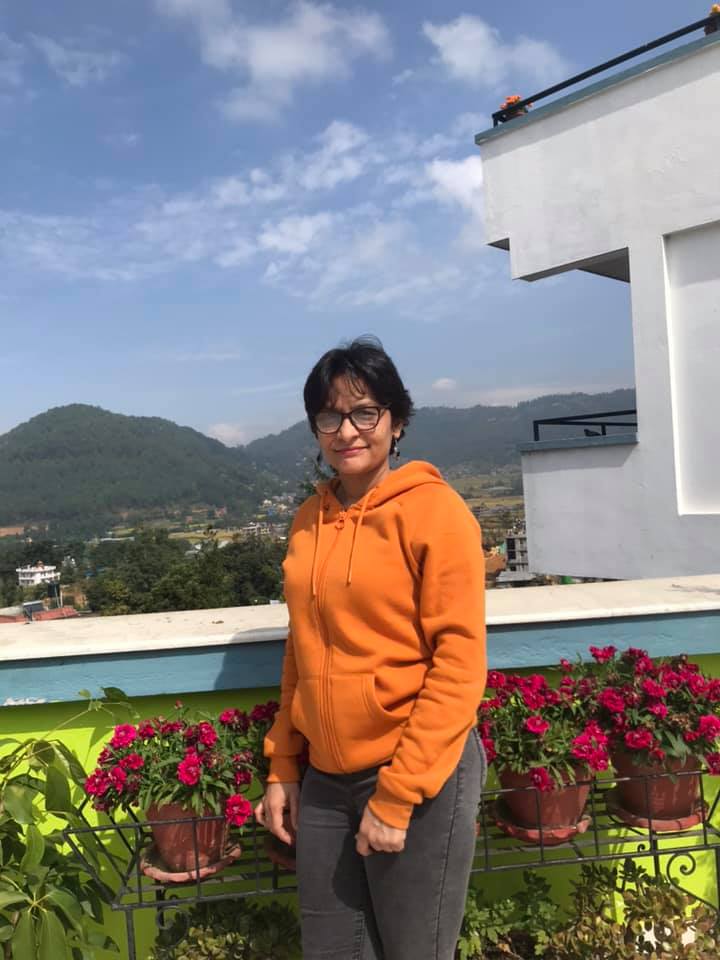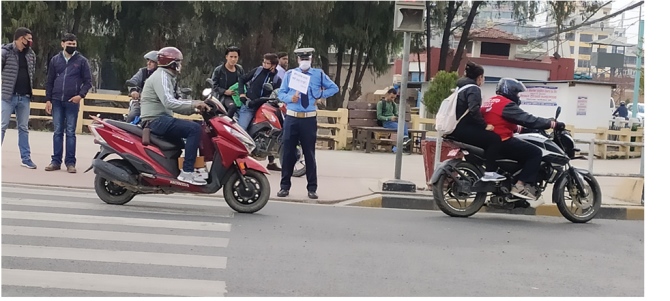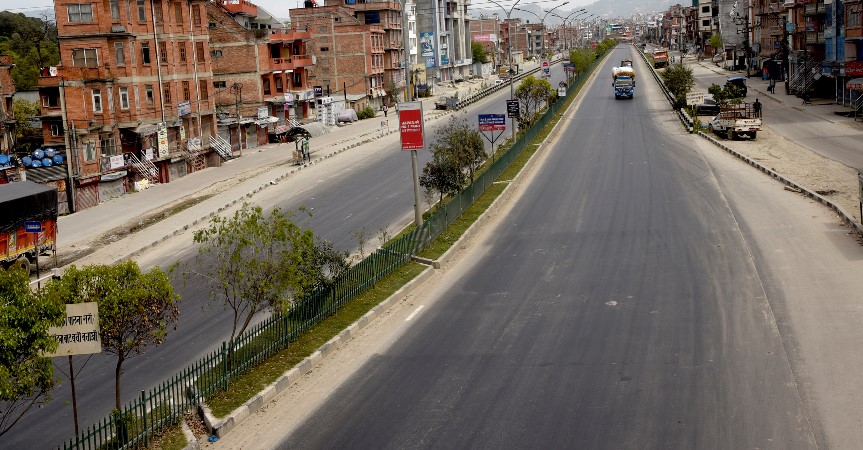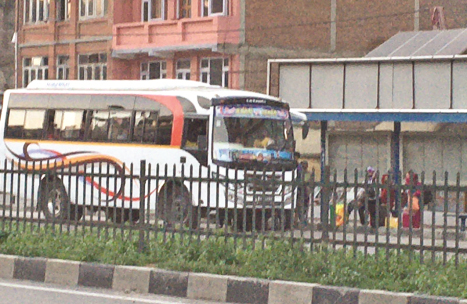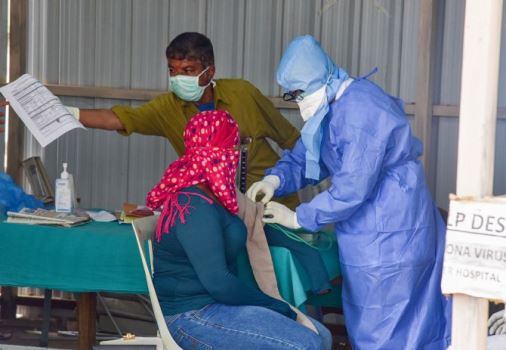Avoid using social media too much to put anxiety at bay

By Indira Aryal, Kathmandu, May 23: Experts have warned that lack of physical activities and excessive engagement with the social media can result in mental illness as the upcoming grave concerns more than the effects of the pandemic. The country is in a lockdown for almost two months and staying indoors has now become a day-to-day affair.
Experts have advised people to engage in indoor activities, exchange problems with family members, friends and relatives and watch only trustworthy social media or news only twice a day.
The general population as well as healthcare professionals and those at the frontline of tackling this pandemic have become overwhelmed and stressed or experienced burnout, said Dr Sailendra Raj Adhikari, head of the Psychiatric Department at Chitwan Medical College in Bharatpur.
Senior psychiatrist Dr Adhikari told The Rising Nepal over the phone that frontline medical professionals needed a break every alternate day from their duty and they should take a full day or a week of full rest before they start another round.
Women are struggling more with mental health issues under lockdown than men, experts said. ‘There are many reasons for women to be in distress than men during this pandemic, Dr Adhikary said.
With schools closed, women are also taking more responsibilities on child care than men.
Head of the Department of Psychiatric KIST Medical College and senior Psychiatrist Prof Dr Puspa Prasad Sharma said that the people were in fear of coronavirus and this fear could cause anxiety. Such people should be in touch with concerned health experts and only follow the right suggestions, Prof Dr Sharma said.
According to Prof Dr Sharma, everyone should develop behaviour of accepting the facts and moving on accordingly.
“If you cannot control the situation, acceptance is the best way and should know that this will go some day in anyway,” he said.
People should develop healthy coping mechanisms to control anxiety during the times of crisis, he said.
Prof Dr Sharma said women experience anxiety more than men globally and the situation is similar in Nepal. Due to the socio-cultural situation of the country, more women are prone to socio-cultural pressure. Staying indoors for such a long time with in-laws might be a hard task for many women and they might be more vulnerable to anxiety, he informed.
For Shanti Rokaya from Madhyapur Thimi, this is not just staying at home during the pandemic. As a primary school teacher, she has no outdoor duty now but faces more burden at home.
Rokaya said that previously she used to cook only twice a day but after the lockdown, she had to cook four times a day and wash dishes from morning to night. “All male members at my home are resting due to the lockdown but for me it’s off duty in their eyes,” she said.
She has more mental stress than before as she has to listen to her mother-in-law’s orders the whole day. “I never think life would be this difficult,” Rokaya said.
“It is not that women are not working on a public holiday during this time but they are facing more burden at household work than before,” experts said.
Dr Rajan Thapa, Consultant Psychiatrist at Neuro Hospital, Biratnagar said that the psychological and behavioural impact on HCW (Healthcare Workers) is high during the pandemic so self-copying behaviour is required during this time. “This is the first pandemic during the age of social media and social media are used to disseminate information, to educate, or to communicate concerns but sometimes it might be dangerous due to wrong information.”
Recent News

Do not make expressions casting dout on election: EC
14 Apr, 2022
CM Bhatta says may New Year 2079 BS inspire positive thinking
14 Apr, 2022
Three new cases, 44 recoveries in 24 hours
14 Apr, 2022
689 climbers of 84 teams so far acquire permits for climbing various peaks this spring season
14 Apr, 2022
How the rising cost of living crisis is impacting Nepal
14 Apr, 2022
US military confirms an interstellar meteor collided with Earth
14 Apr, 2022
Valneva Covid vaccine approved for use in UK
14 Apr, 2022
Chair Prachanda highlights need of unity among Maoist, Communist forces
14 Apr, 2022
Ranbir Kapoor and Alia Bhatt: Bollywood toasts star couple on wedding
14 Apr, 2022
President Bhandari confers decorations (Photo Feature)
14 Apr, 2022
